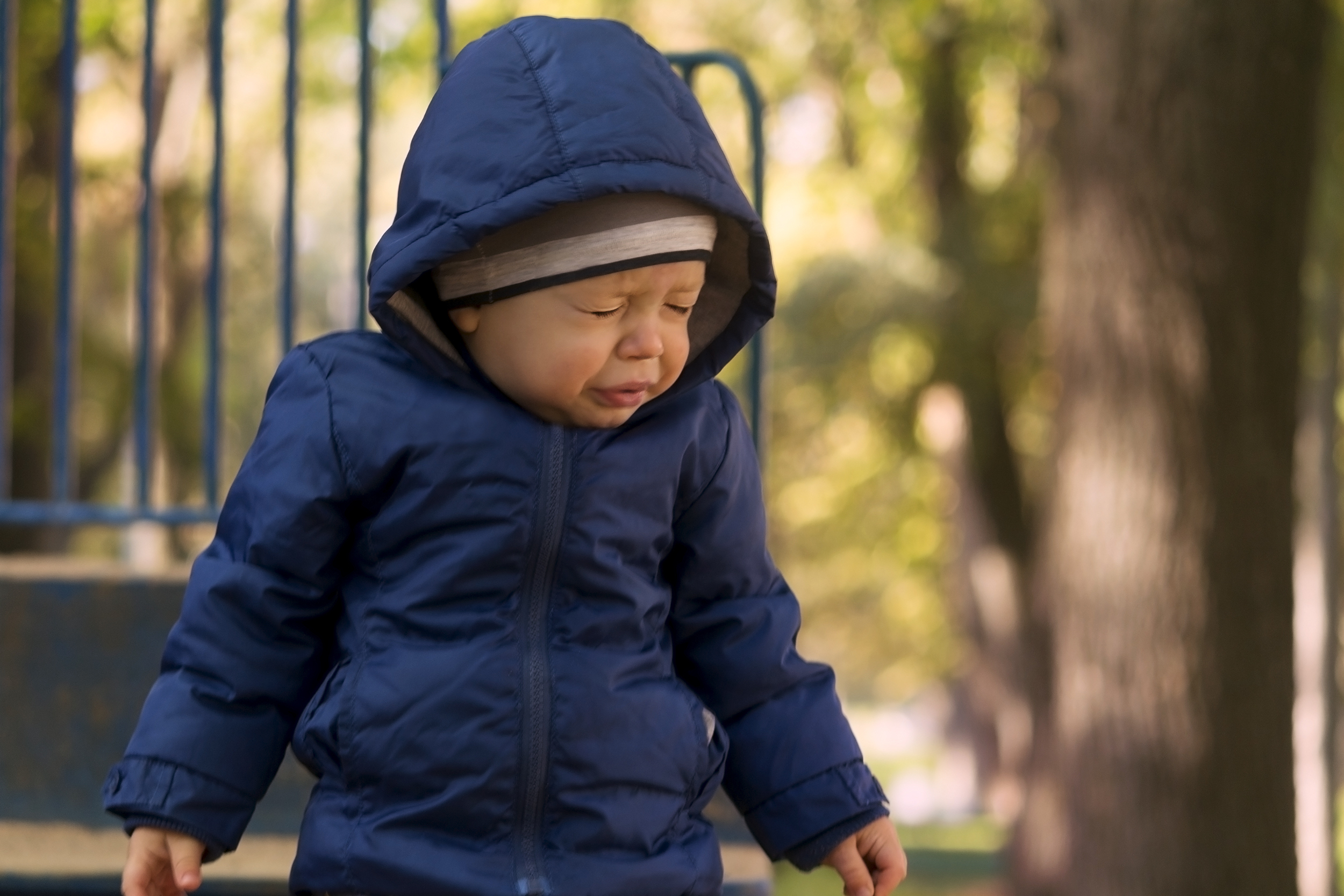
The Centers for Disease Control and Prevention (CDC) reported 110 child deaths from influenza during the 2016-2017 flu season and 84 deaths in this current season.1 Despite this reality, I cannot count the number of times I heard, “Doctor, I don’t want the flu vaccine. My child received it last year and still got sick.”
Why Flu Shots are Important for Kids
The influenza vaccine does not protect against all the viruses that cause flu-like symptoms. There are many different types of influenza virus and the vaccine for the upcoming year is developed based on data from the previous year. The timing of when the vaccine is received during the flu season and the interval needed to develop immunity also contribute toward the effectiveness of the vaccine. The earlier the vaccine is received in the flu season, the better the chances of protection.
There are some years the vaccine works better than others but even when it does not prevent the flu, it can reduce the severity of illness.2 For example, in a study conducted between 2010 and 2012, children who were fully vaccinated against the flu were 74 percent less likely to be admitted to the pediatric intensive care unit.3 Similarly, another study found that flu vaccines reduced the risk of death from influenza by 65 percent in healthy children and 51 percent in children with high-risk medical conditions.4
Flu Shot Recommendations for Kids
Influenza vaccines are not licensed for infants younger than six months of age. Pregnant women may receive an influenza vaccine at any time during their pregnancy. For the 2017-2018 flu season, the American Academy of Pediatrics and the Committee on Infectious diseases recommend the following5:
- Children six months to eight years of age
- Need one dose if the child has received two or more doses before July 1, 2017.
- Need two doses four weeks apart if the child has not received (or unknown whether the child has received) two or more doses before July 1, 2017.
- Children nine years and older need one dose.
Other Prevention Strategies for Influenza
In addition to the flu vaccine, you can take these steps to prevent getting the flu:
- Avoid and/or limit contact with those who are sick around you.
- Wash your hands regularly with soap and water, especially in public facilities such as grocery stores, gyms, libraries, and schools.
- Cover your mouth and nose when coughing or sneezing.
- Disinfect surfaces that could be contaminated such as grocery carts. It is also useful to carry a bottle of hand sanitizer.
Seeking Further Care
If you experience flu-like symptoms, it is important to take the following precautions:
- See your primary care provider sooner rather than later to determine if you’re eligible for an antiviral medication. Antiviral medications can help make flu symptoms milder and prevent further flu complications.
- Avoid contact with others who are at high risk for developing complications from the flu such as:
- Children younger than two years of age
- Adults 65 years or older
- Pregnant women
- Residents of long term care facilities
- Avoid going to work especially if you work in a field that involves frequent contact with others, such as health care and food industry.
The Future of Influenza
The influenza virus is rapidly evolving to escape natural human defenses and our research must continue to progress to provide protection for our community and children. Until new and improved vaccines are developed, we must utilize all available resources and take the proper precautions to protect our children and ourselves from further complications and deaths from influenza.
Author Bio:

References:
- https://www.cdc.gov/flu/weekly/summary.htm
- https://www.mdedge.com/pediatricnews/article/155453/vaccines/dont-give-…
- Jill M. Ferdinands, Lauren E. W. Olsho, Anna A. Agan, Niranjan Bhat, Ryan M. Sullivan, Mark Hall, Peter M. Mourani, Mark Thompson, Adrienne G. Randolph; Effectiveness of Influenza Vaccine Against Life-threatening RT-PCR-confirmed Influenza Illness in US Children, 2010–2012, The Journal of Infectious Diseases, Volume 210, Issue 5, 1 September 2014, Pages 674–683,https://www.ncbi.nlm.nih.gov/pubmed/24676207
- Brendan Flannery, Sue B. Reynolds, Lenee Blanton, Tammy A. Santibanez, AlissaO’Halloran, Peng-Jun Lu, Jufu Chen, Ivo M. Foppa, Paul Gargiullo, Joseph Bresee, James A. Singleton, Alicia M. Fry; Influenza Vaccine Effectiveness Against Pediatric Deaths: 2010–2014, Pediatrics May 2017, 139 (5)e20164244; DOI: 10.1542/peds.2016-4244
- COMMITTEE ON INFECTIOUS DISEASES; Recommendations for Prevention and Control of Influenza in Children, 2017 – 2018, Pediatrics Sep 2017, e20172550; DOI: 10.1542/peds.2017-2550
